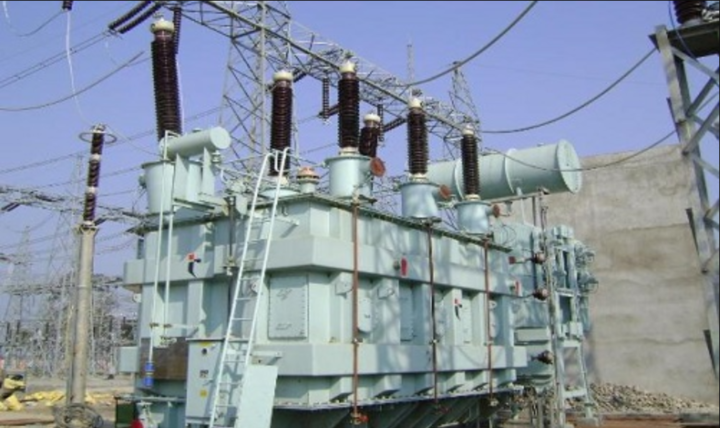Amid recurring power outages and reliability issues, Dangote Group, NNPCL, Total, and 247 other companies have disengaged from Nigeria’s power distribution companies (Discos), opting to generate their own electricity. Collectively, these firms now produce an estimated 6,500 megawatts (MW) of power, highlighting a growing trend of self-reliance in energy generation among businesses.
The decision stems from the inability of Discos to provide consistent and adequate electricity, which has hampered industrial productivity and increased operational costs for many firms. By investing in captive power plants, these companies aim to ensure uninterrupted energy supply, reduce downtime, and maintain competitiveness in a challenging economic environment.
Dangote Group, one of Nigeria’s largest conglomerates, has been at the forefront of this shift, leveraging its resources to build robust power solutions for its operations. Similarly, Total and NNPCL have integrated advanced systems to meet their energy needs while reducing dependence on the national grid.

Industry experts view this development as a double-edged sword. On one hand, self-generation enables businesses to operate more efficiently, contributing to economic stability and job creation. On the other hand, it underscores the failures of Nigeria’s power sector reforms and the urgent need for structural changes to improve the electricity supply chain.
“The increasing migration to self-generation highlights the critical gaps in the power sector,” said energy analyst Akin Adebayo. “It’s a wake-up call for policymakers to accelerate reforms, attract investments in infrastructure, and address inefficiencies in the distribution network.”
While these companies have the financial capacity to invest in independent power solutions, smaller businesses and residential consumers remain dependent on the unreliable services of Discos. This growing disparity raises concerns about equitable access to electricity and the long-term sustainability of Nigeria’s energy framework.
The government has acknowledged the challenges in the power sector and has committed to addressing them through initiatives like the Presidential Power Initiative (PPI) and renewed investments in renewable energy. However, progress has been slow, leaving many businesses with no choice but to seek alternatives.
As more firms turn to self-generation, the pressure mounts on Discos and the government to implement meaningful reforms that will restore confidence in the national grid and create a more reliable and inclusive energy system for all Nigerians.
Support InfoStride News' Credible Journalism: Only credible journalism can guarantee a fair, accountable and transparent society, including democracy and government. It involves a lot of efforts and money. We need your support. Click here to Donate
